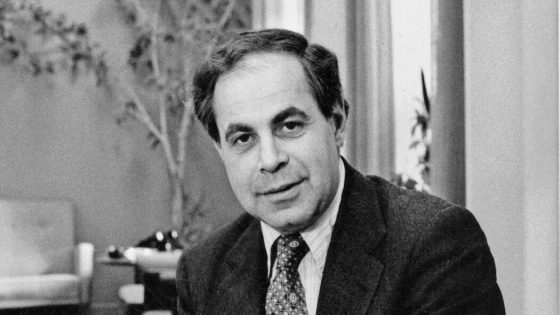Max Frankel, a prominent figure in American journalism and former executive editor of The New York Times, died on March 23, 2025, at his home in Manhattan. He was 94 years old, and his wife, Joyce Purnick, confirmed the News of his passing.
- Max Frankel was a Pulitzer Prize-winning journalist.
- He fled Nazi Germany as a child.
- Frankel served as executive editor of The New York Times.
- He covered major historical events like the Cold War.
- He chronicled Nixon's 1972 visit to China.
- Frankel won a Pulitzer for international reporting.
Max Frankel was born in Nazi Germany and emigrated to the united states in 1940. He arrived in New York as a young refugee, speaking no English. His passion for journalism flourished, leading him to cover major historical events and serve as a key editor at The New York Times. Frankel’s career spanned several decades, during which he reported on significant moments such as the Cuban missile crisis and the collapse of the Soviet Union.
Throughout his career, Frankel was recognized for his insightful reporting. He won the Pulitzer Prize in 1973 for international reporting, particularly for his coverage of President Nixon’s groundbreaking trip to China. During this assignment, he produced 35,000 words and 24 articles in just eight days, providing a detailed look at the lives of the Chinese people during a time of great political change.
Frankel’s influence extended beyond his reporting. As executive editor, he guided The New York Times through a period of technological change and shifting journalistic standards. His leadership helped shape the newspaper’s editorial voice and maintain its reputation for quality journalism. He was deeply involved in the editorial decisions that defined the paper’s coverage of critical issues during the late 20th century.
Max Frankel’s legacy as a journalist is marked by his commitment to truth and his ability to navigate complex global issues. His contributions to The New York Times and the field of journalism have left a lasting impact, inspiring future generations of reporters.

































